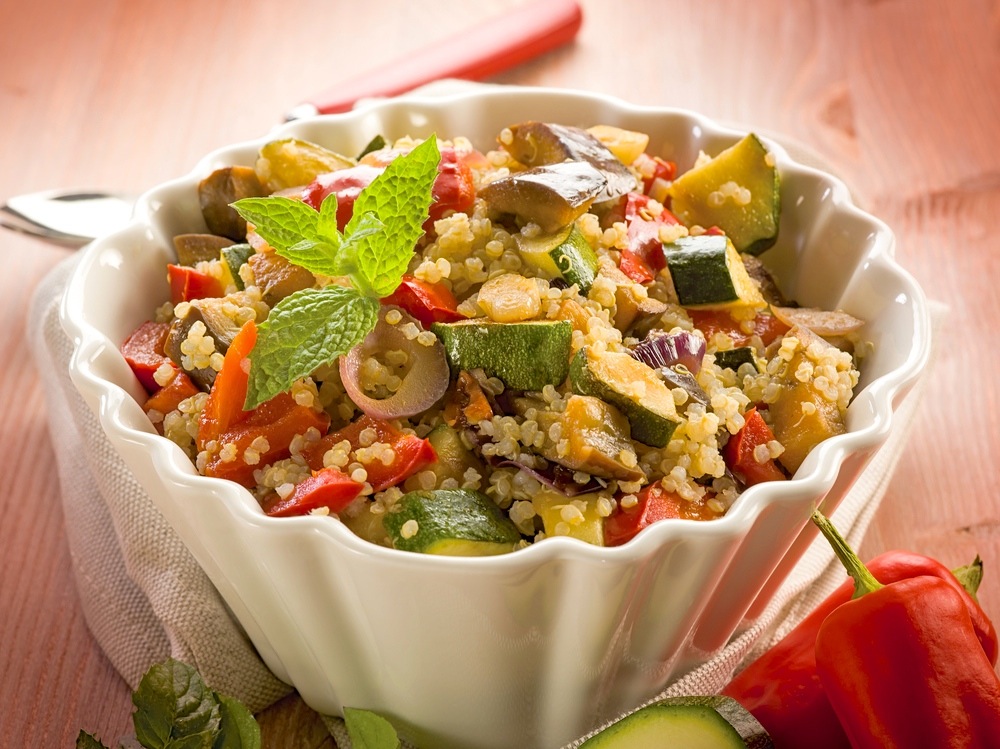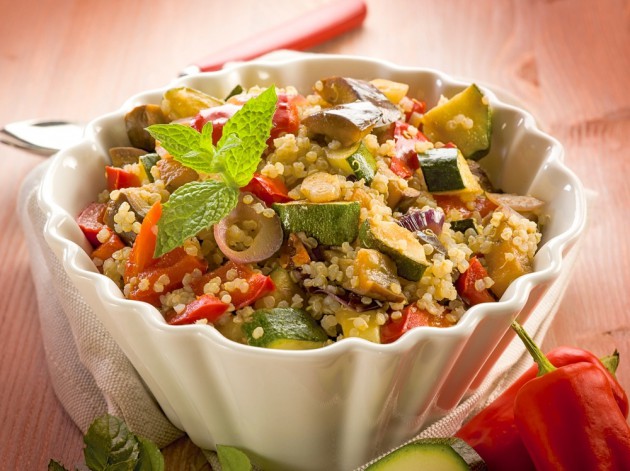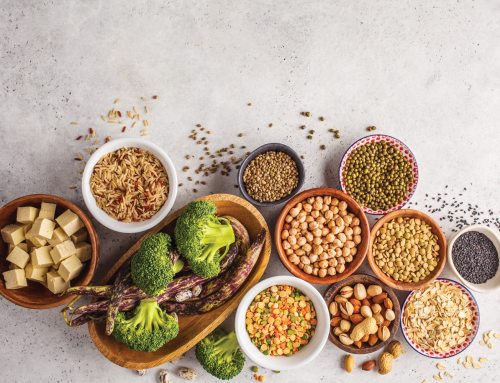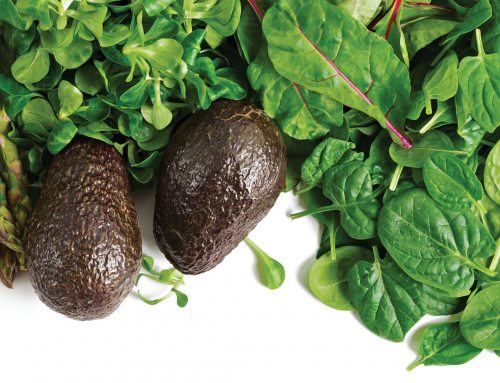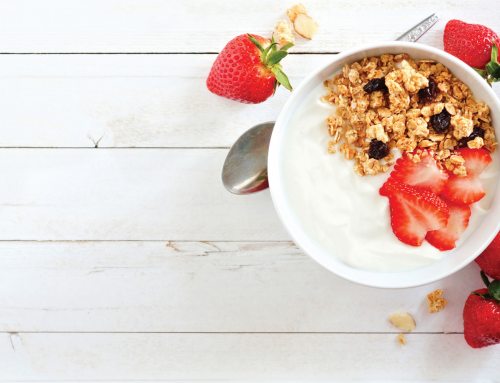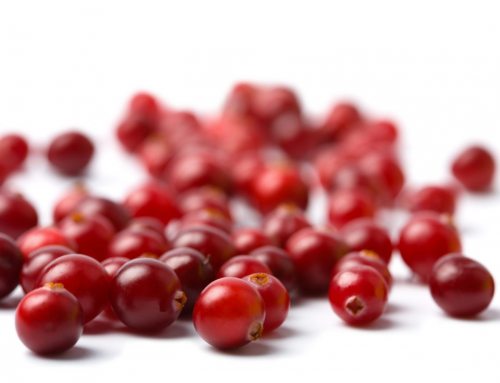By Joanne Gardner
While there are some general principles that guide timing and selection of foods for supporting strong athletic performance, there is huge variability in how these concepts are put into action. Take for example the pre-race meal. After years of trial and error, seasoned athletes figure out what works for them. Maybe you don’t have years of experience and are trying to figure out an eating strategy for your next big event. The best way is to practice different combinations during the training weeks. There is a general matrix for macro nutrients (carbs, protein, fats) and time. Carbs are quickly digested and can be eaten 60-90 minutes before the activity and will keep you going for up to 60 minutes until you need to refuel. Proteins are slower to be digested and so should be eaten 90-120 minutes before hitting the road, field, court or pool. Fat takes longer to digest and will result in slower release of energy, and may make you feel full longer, which may or may not be desirable. You will speed recovery and be ready for your next training session if your refuel promptly with a combination of carbs, proteins and antioxidants to cleanse out the free radicals generated during your exercise. Chocolate milk with a bowl of raspberries is one option, but there infinite other combinations that can work.
This is where personal variation enters in. How fast does your system work? How efficient is your digestion? How accustomed is your body to burning fat for fuel? How you feel before, during and after the workout gives you clues to what, when and how much your body needs to support optimal performance. Practice fueling for performance every day. Just like event specific training workouts prepare your muscles and lungs, thoughtful food choices are targeted to support those critical work outs. Many people find it challenging to include high quality lean protein, antioxidant rich vegetables and fruits and health supportive monounsaturated fats (think olives, avocado and nuts) into their daily routine.
Do you get stuck and struggle when it comes to translating general principles into appealing food in your breakfast bowl, lunch container and dinner plate? Time constraints, food preferences, limited cooking skills and health conditions don’t need to restrict you. Consider a visit to a nutritionist to develop a personalized formula that will help you achieve your training and performance goals.
Joanne Gardner MS, RDN, LDN Integrative Nutritionist, Duke Integrative Medicine, Durham, NC


